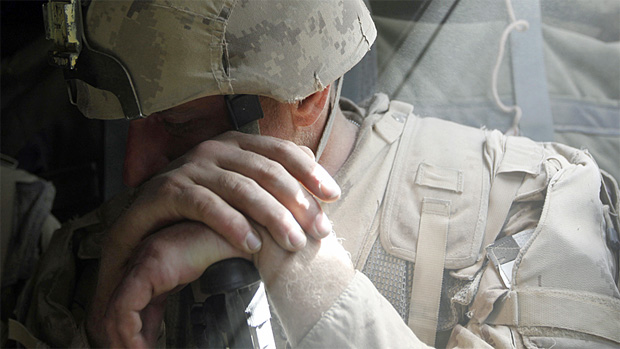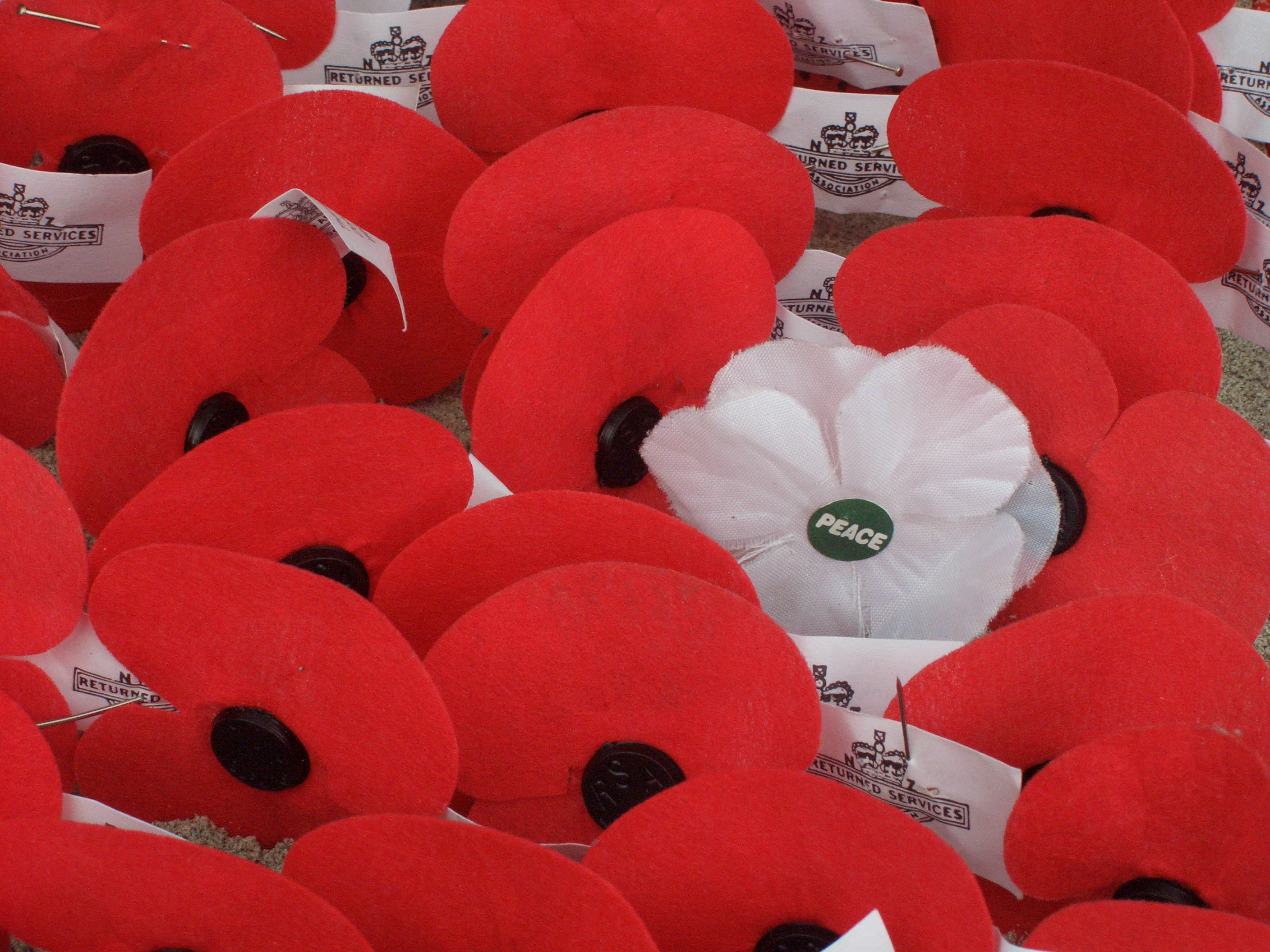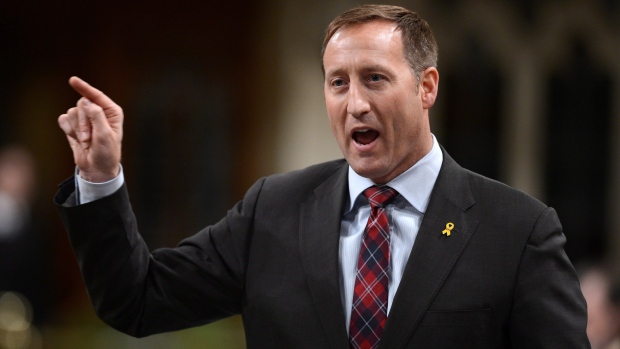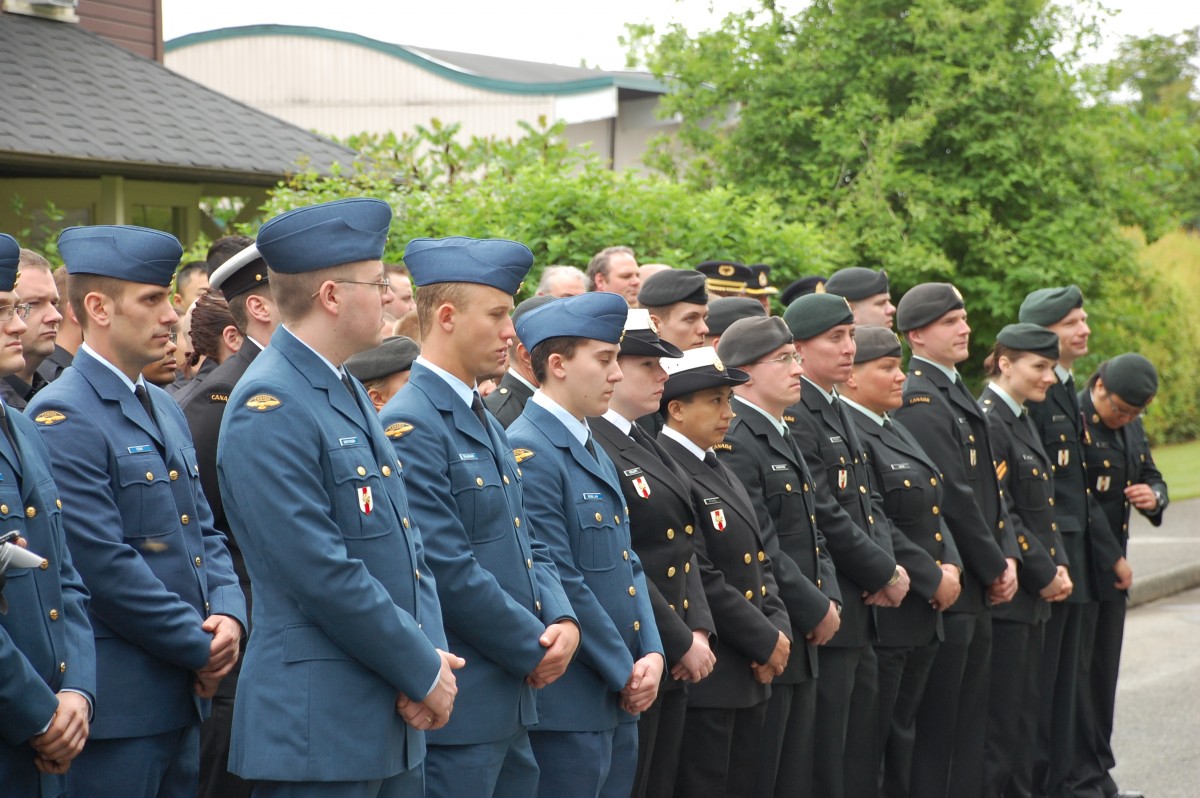Being a soldier is not an easy profession, something especially true of the reserves. Reservists are committed to two jobs at once; their full-time civilian employment in addition to military training with the significant chance of being deployed. Reservists are expected to carry out the duties of regular soldiers with less training and fewer resources. These factors, when combined with the expected action of combat duty, lead to a harrowing experience for soldiers.
Some soldiers find it very difficult to adjust to the banality of civilian life after experiencing such a long-term high pressure environment. Anxiety and guilt, in combination with the vivid memories of action and loss, can make this transition extraordinarily hard. Full-time and reservist veterans must be careful, as their conditions can make them vulnerable.
So what resources do full-time soldiers and reservists, have to come back to? In Canada, one major resource is Veteran Affairs Canada (VAC), a branch of the federal government. It handles numerous cases from the severe, such as Post-Traumatic Stress Disorder (PTSD), as well as more mundane services such as career counselling. Many non-governmental organizations, such the Veterans of Canada and Army, and the Navy and Air Force Veterans of Canada, are two examples that provide community and support for returning veterans.
[captionpix align=”right” theme=”elegant” width=”300″ imgsrc=”http://natoassociation.ca/wp-content/uploads/2013/07/WeAreNotAlone_MM_ARTICLE.jpg” captiontext=””]
There is a plethora of information available on the damage that combat duty can entail. In total, 635 Canadian service members have been injured in Afghanistan. Furthermore, 1436 non-battle injures also occurred. An additional 50,000 service members suffer from permanent injuries from previous wars. Canada is reticent to further explain their injury statistics, citing security reasons. Psychological conditions are under-reported, as it harder to prove a direct connection and there is significant social stigma involved.
The problem of PTSD and other war-related psychological disorders have become illuminated in recent years. Military service often leads to far more than physical damage, and therefore veterans need as much support as possible. Upwards of one-third of all returning soldiers suffer from some degree of PTSD, according to recent studies. Even more problematic is the fact that only 50% of soldiers will seek help for their condition. PTSD is a serious condition, but often is not treated as such. Both soldiers, and the public, must be more understanding of PTSD. Social stigmas against sufferers will only serve to further alienate them and prevent them for seeking the treatment they need.
There are many common misconceptions about PTSD. Sufferers of PTSD are not weak. They are victims who have undergone a traumatic that has fundamentally altered their brain chemistry. There are also a multitude of forms of PTSD. The disease manifests itself in many different ways, from night terrors to isolation. What symptoms manifest themselves depend on the individual. Veteran full-time soldiers and reservists deserve treatment for problems they have developed because of their service.
The main source of money for veteran full-time soldiers and reservists is VAC. Veteran full-time soldiers and reservists in Canada can apply for disability benefits based on their service to VAC. The average payment for permanently injured service members is $40,000 per annum. On top of this, Veteran Affairs will pay most, but not all, of what medical expenses veteran reservists have. Some veterans though would prefer monthly installment instead of a yearly lump sum. And Canada’s commitment does not match countries such as the United Kingdom, which offers payments over three times larger than Canada’s.
With these factors conspiring against them, it is sometimes difficult for full-time and reservists veterans to receive a fair deal. The current system appears to be focused more on discharging veterans than supporting them. More money is needed to properly compensate veterans for their service, and for better training programs to ease the transition to civilian life. All veterans sacrifice much when they agreed to become soldiers; it is not too much to ask for their country to do a fraction of the same.




